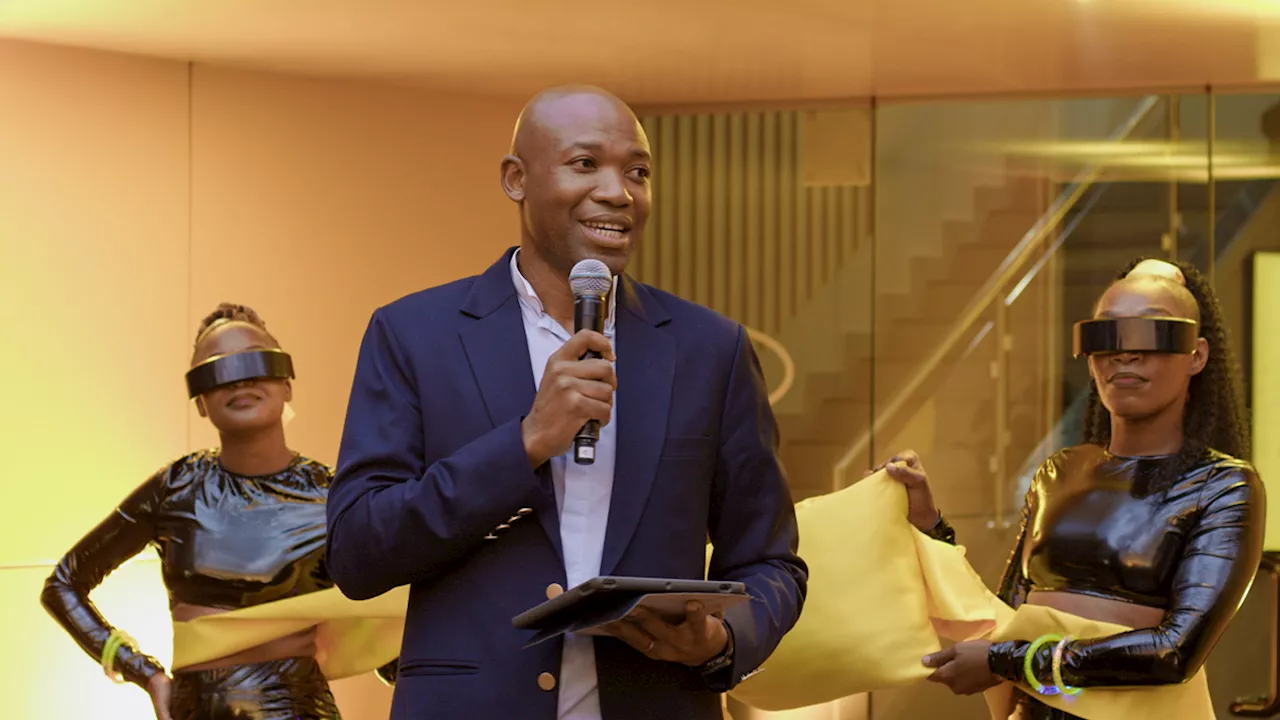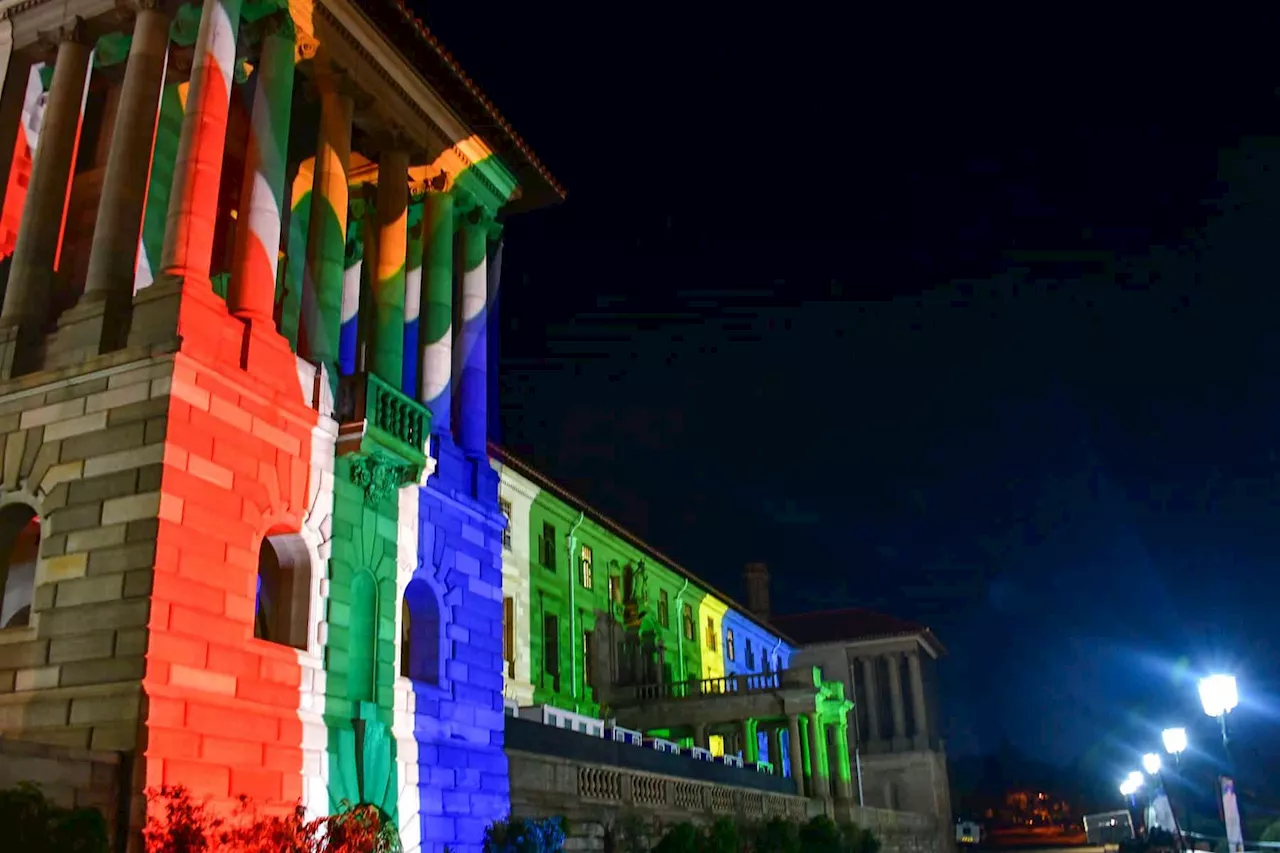This article commemorates 25 years since Nelson Mandela's departure from office as president of South Africa. It explores the predictions of doomsday conspiracy theorists and the historical context of anxieties surrounding the transition of power. Despite threats and attempts to undermine the electoral process, South Africa's democratic institutions held strong, demonstrating the resilience of the nation.
On 16 June 1999, Thabo Mbeki gave his inaugural speech as president as he stepped in to replace the father of the nation, Nelson Mandela . Few will remember that doomsday conspiracy theorists had predicted the 1999 election would be the end of SA as the world knew it. They predicted that as soon as Mandela stepped out of office the inevitable war of the races would happen and the glue that held the country together would melt away and chaos would ensue.
Which is what had prompted Mbeki to quote Irish poet WB Yeats when he accepted the election result: “The centre held, things did not fall apart.” The centre did indeed hold after Mandela left. Yes, things did not go as the majority would have wished they would, but South Africa is still standing 25 years after Nelson Mandela left the Union Buildings.When South Africa went to the polls in May, some of the fears that people had in ’94 and ’99 were stoked back into existence. Certain sections of the population threatened the election would not be held unless their terms were met, however messed up those terms were. Who will forget the uMkhonto we Sizwe’s Visvin Reddy threatening all sorts of chaos if the party or former president Jacob Zuma were to be removed from the ballot paper because of the challenges they were facing shortly before the election? People might also remember that during the interregnum between when voting took place and when the election results were announced, Zuma went on national television pleading with the Electoral Commission of South Africa (IEC) to “not provoke us”. Those who remembered July 2021 know that was no idle threat. But the centre did hold. The election results were announced and accepted. And South Africa still stands. But perhaps bigger than South Africa’s election miracle was that with which South Africa’s two biggest political parties put together what is still today referred to as the government of national unity (GNU
South Africa Nelson Mandela Thabo Mbeki Democracy Elections Government Of National Unity
South Africa Latest News, South Africa Headlines
Similar News:You can also read news stories similar to this one that we have collected from other news sources.
 MTN South Africa launches Digital Experience Centre in JohannesburgMTN South Africa has launched its state-of-the-art Digital Experience Centre in Morningside, Johannesburg.
MTN South Africa launches Digital Experience Centre in JohannesburgMTN South Africa has launched its state-of-the-art Digital Experience Centre in Morningside, Johannesburg.
Read more »
 South Africa: Le Kip Kip Revolutionizes HIV Prevention Conversations Among South African WomenInterview - Venessa Chen - a research program coordinator at the Program for Implementation Equity Research within the Johns Hopkins Center for Public Health and Human Rights - shared her research findings on The impact of the Le Kip Kip Social Influence Campaign on PrEP knowledge, attitudes, and perceptions among women in South Africa - at the...
South Africa: Le Kip Kip Revolutionizes HIV Prevention Conversations Among South African WomenInterview - Venessa Chen - a research program coordinator at the Program for Implementation Equity Research within the Johns Hopkins Center for Public Health and Human Rights - shared her research findings on The impact of the Le Kip Kip Social Influence Campaign on PrEP knowledge, attitudes, and perceptions among women in South Africa - at the...
Read more »
China, South Africa, BRICS & Africa Threats of Impending US TariffsTrying to impose restrictions on third party exports of goods from China to the USA comes with its own challenges that include the high cost of identifying the origin of the goods and possible opposition and retaliation from Chinese funded overseas investment enterprises.
Read more »
 South Africa emerges as Africa’s leading Crypto hubCryptocurrency is transforming South Africa by driving financial inclusion, enabling small businesses to access global markets, and offering an instant, trustless payment system with world-changing potential.
South Africa emerges as Africa’s leading Crypto hubCryptocurrency is transforming South Africa by driving financial inclusion, enabling small businesses to access global markets, and offering an instant, trustless payment system with world-changing potential.
Read more »
 South Africa: How South African Women Navigate Gender Issues on TikTokThe Centre for Analytics and Behavioural Change (CABC) has released its latest report, Gender-Based Violence and Misogyny TikTok Analytics and Narrative Update in South Africa, on the online conversation regarding gender-based violence and misogyny.
South Africa: How South African Women Navigate Gender Issues on TikTokThe Centre for Analytics and Behavioural Change (CABC) has released its latest report, Gender-Based Violence and Misogyny TikTok Analytics and Narrative Update in South Africa, on the online conversation regarding gender-based violence and misogyny.
Read more »
 Schneider Electric Powers East Africa's First Hyperscale Data CentreSchneider Electric, the world’s most sustainable company and leader in energy management and automation, provides the power infrastructure for NBOX1, East Africa's first hyperscale, AI-ready, carrier-neutral data centre. The data centre, operated by iXAfrica Data Centres, is equipped with Schneider Electric's medium voltage and low voltage switchgear, ensuring reliable cloud services powered by Kenya’s renewable energy grid.
Schneider Electric Powers East Africa's First Hyperscale Data CentreSchneider Electric, the world’s most sustainable company and leader in energy management and automation, provides the power infrastructure for NBOX1, East Africa's first hyperscale, AI-ready, carrier-neutral data centre. The data centre, operated by iXAfrica Data Centres, is equipped with Schneider Electric's medium voltage and low voltage switchgear, ensuring reliable cloud services powered by Kenya’s renewable energy grid.
Read more »
